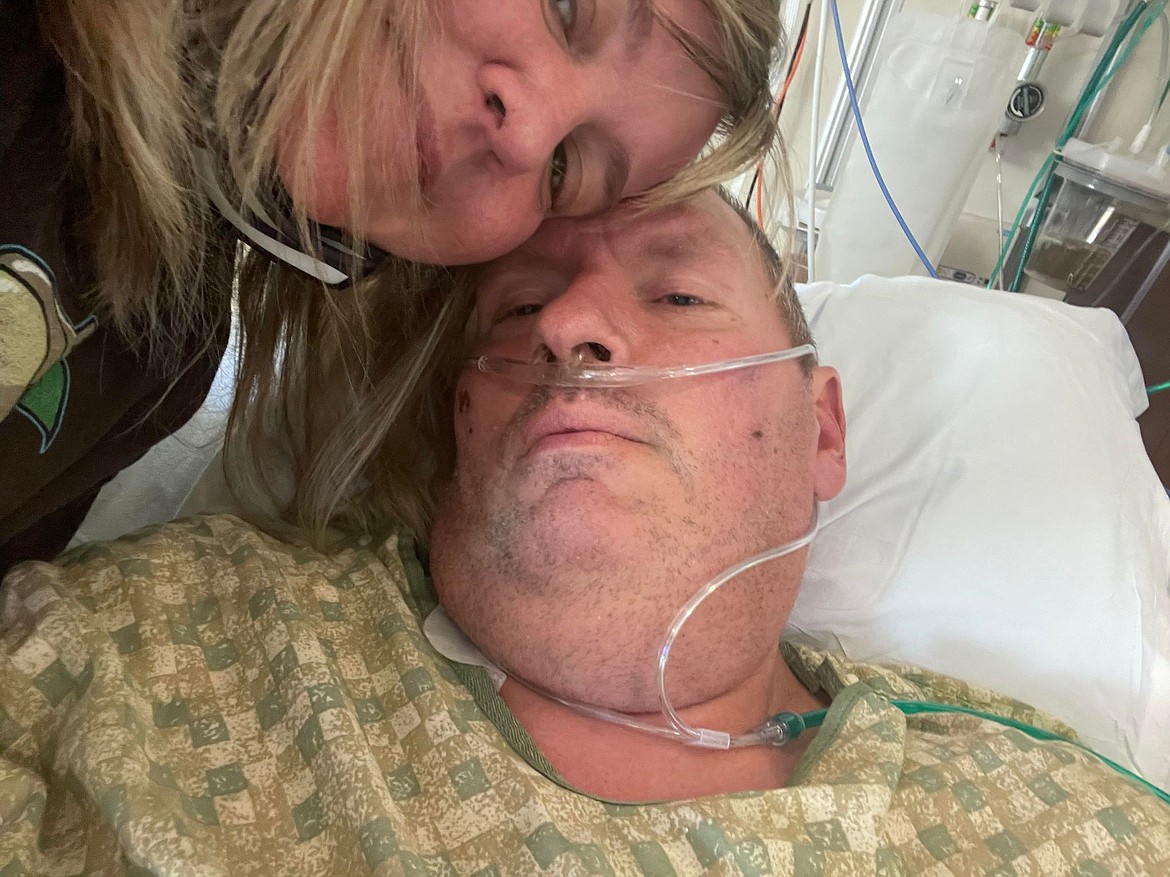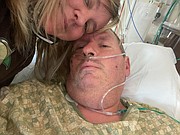Lincoln County Sheriff's deputy recovering from COVID-19
After nearly losing his life to COVID-19, Ben Fisher has changed his mind about getting vaccinated against the virus.
“The only protection we have is the vaccine,” said Fisher from St...
Become a Subscriber!
You have read all of your free articles this month. Select a plan below to start your subscription today.
Already a subscriber? Login





